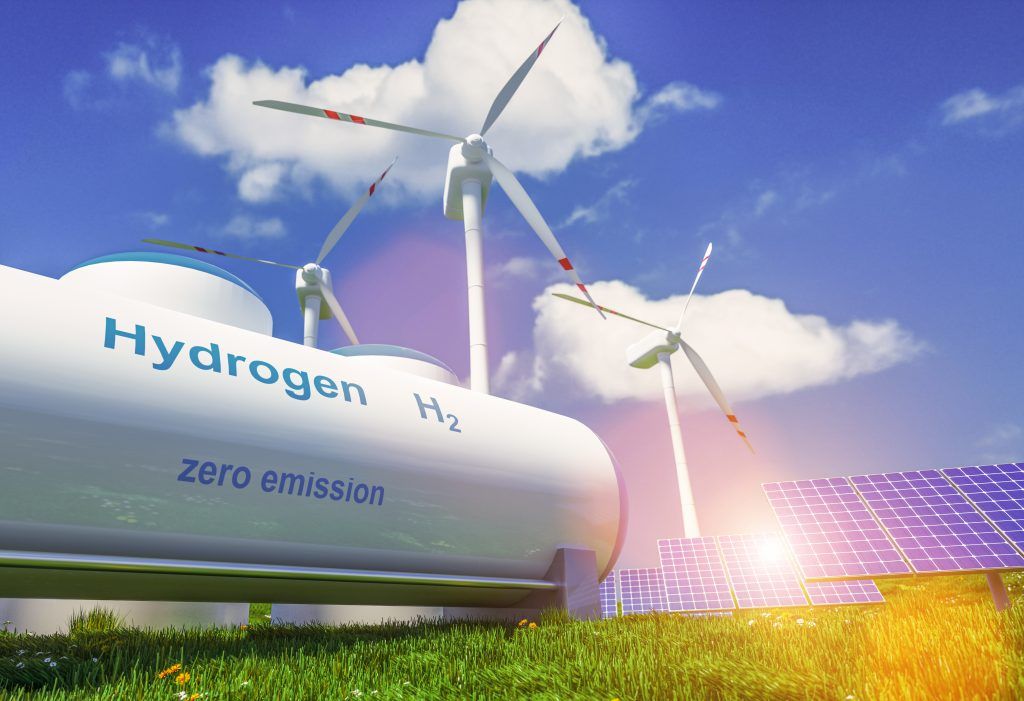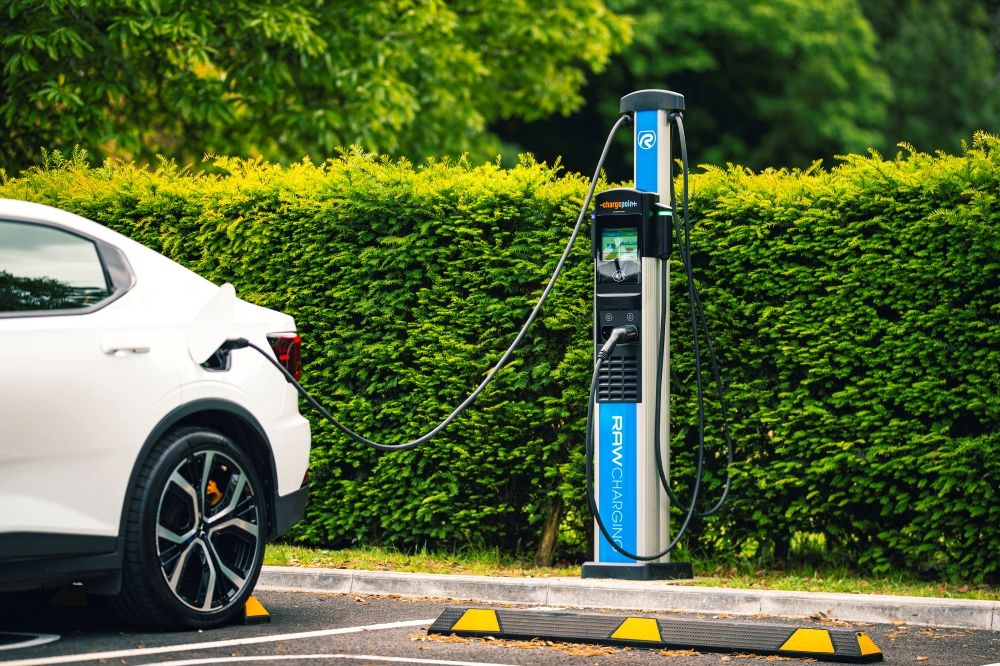The University of St Andrews’ recently showcased a hydrogen train project to specially invited guests at the recent COP26 gathering. The project is part of the work led by Professor John Irvine’s Hydrogen Accelerator team in the School of Chemistry at the University.
Scotland’s first hydrogen train is being developed by a consortium including the University of St Andrews, Arcola Energy, Arup, Aegis, Abbott Risk Consulting (Arc) and Angel Trains.
The project entails the conversion and re-use of a 40-year-old three car class 314 train to a hydrogen fuel cell electric powertrain.
Hydrogen is being proposed as a replacement fuel for trains where it is uneconomical to electrify rail routes. Hydrogen also has the potential to replace diesel as a fuel for buses and other vehicles.
University of St Andrews Quaestor and Factor, Derek Watson, said: “It’s good to open the eyes of the world to show that hydrogen is a viable fuel for the future.
“We have to help drive society towards a more sustainable future, eliminating or replacing carbon wherever we can, and that is in all aspects of our lives whether that is in transport, in buildings or in what we buy – sustainability is key.”
The project is funded by Transport Scotland and Scottish Enterprise and is a demonstration to show reuse of existing rolling stock, create new supply opportunities and skills creation for the emerging green economy, while reducing emissions from the Scottish rail sector.
Professor John Irvine, of the School of Chemistry at the University of St Andrews, who is leading the project, said: “This is a real demonstration of clean energy – it’s showing how we can make an energy transition. I’m particularly proud that we are developing a hydrogen train using an old vehicle rather than creating a brand new hydrogen train.
“As the intention is to use this train on lines in Scotland where there is no possibility of electrification, lines that are not heavily used, we might never regenerate the energy we put into building a new hydrogen train, whereas by converting trains to hydrogen we are showing vision and saving energy.”
Image: Shutterstock












